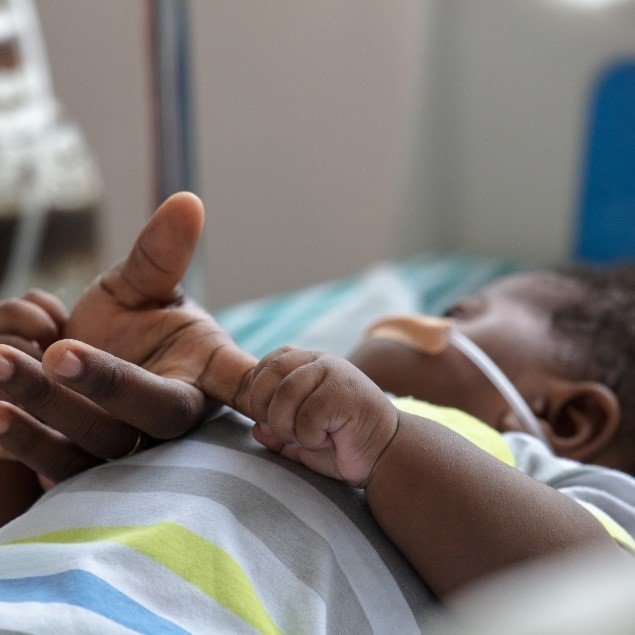From Paul Orude, Bauchi
The United Nations Children’s Fund (UNICEF) says an estimated 1 million children die every year in Nigeria within the first month of being born, 10 per cent of the global total.
Oluseyi Olosunde, Health Officer, UNICEF Field Office, Bauchi, disclosed this at a one-day Media Dialogue on Child Mortality in Bauchi, Gombe and Taraba States, held at Crispan Hotel, Jos.
The country’s neonatal mortality rate (the probability of a child dying within the first month of life) is 41 per 1,000 live births, a far cry from the global target of 17, he revealed.
Similarly, Nigeria’s infant mortality rate is 63 per 1,000 live births, while the under-five mortality rate is 110 per 1,000 live births, respectively, he disclosed.
The UNICEF Health Officer revealed that every day, the country loses about 2,300 under-five children, with most of these deaths occurring in rural areas, while no fewer than 157 die daily in rural areas—almost double the rate for urban areas, at 92.
Presenting a slide on the trends of child mortality in Gombe, Bauchi and Taraba States, Olosunde expressed concern that the National Demographic Health Survey (NDHS) for 2023 indicated that neonatal mortality rates are rising in the three northeastern states.
Olosunde revealed that neonatal deaths increased from 38 per 1,000 births five years ago to 48 per 1,000 live births in Bauchi State, from 37 per 1,000 in Taraba in 2018 to 38, while Gombe’s rate remains stagnant at 45 per 1,000 live births in 2023.
Whereas infant mortality, according to the NDHS 2023, showed a drop from 104 to 81 and under-five deaths from 189 to 157 for Gombe, the rate of child deaths in Bauchi and Taraba remains significant, at 77 and 125 and 64 and 126, respectively, he said.
Olosunde said that, sadly, an estimated 70 per cent of these deaths are preventable, saying all stakeholders must work together to prevent child deaths in fulfilment of Sustainable Development Goal (SDG) number 3.
Speaking on the drivers of child mortality in the North East, Dr Amos Audu, Health Specialist, UNICEF Bauchi Field Office, disclosed that half of under-five deaths are newborn babies who die within the first two days of being born.
Audu said the major causes of under-five deaths include pneumonia, malaria, lack of oxygen and birth complications, all of which can be prevented with 100 per cent vaccination.
He said other underlying factors causing deaths of under-five children include poverty and poor maternal health, which manifest in anaemia, infections, lack of antenatal care and poor access to quality healthcare.
Other causes of child deaths, he stated, are cultural practices such as traditional birth attendance, low education, inadequate nutrition and low awareness.
In her presentation entitled *Child Mortality – Exploring a Hydra-Headed Menace (Infant, Neonatal, U5)*, Dr Ruth Adah, a paediatrician with the Jos University Teaching Hospital (JUTH), noted that a child is a combination of the spiritual, socio-cultural, moral, biological and legal entities.
Adah said although the Nigerian child is guaranteed protection under the United Nations Convention on the Rights of the Child, several children in Nigeria are in need of protection for survival.
She explained that Nigeria as a whole has bad child mortality rates, but Bauchi, Gombe and Taraba States were slightly higher than other states in the country.
Adah commended UNICEF’s Bauchi Field Office for organising the Media Dialogue, saying the media helps to educate people about child deaths and carry out advocacies to draw the needed political will to address the issue.
“Children are usually voiceless in our society,” she observed.
“Few speak for them. Journalists with media houses have wider reach to engage with the public—mothers, fathers, families, traditional rulers. Once you bring this thing to the fore, it becomes a talking point.
“The media practitioners can push this agenda. Media houses have contact with politicians and policymakers.”







